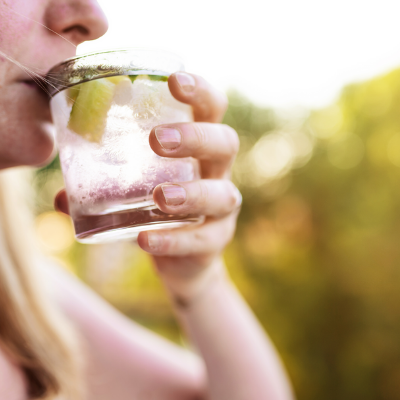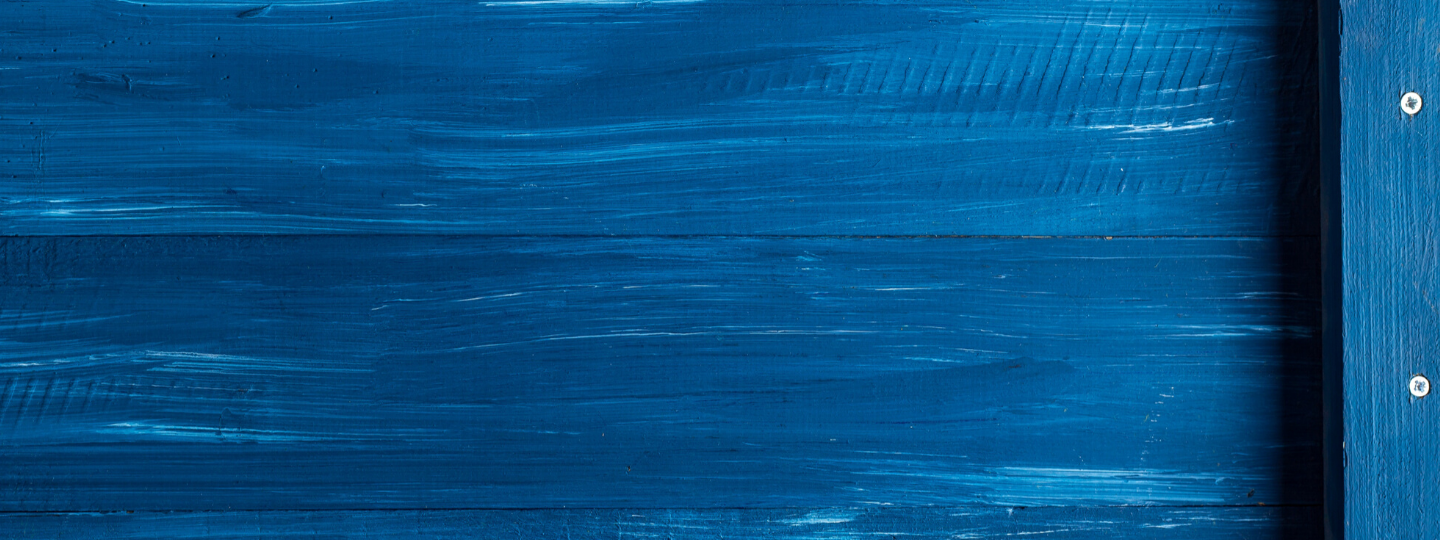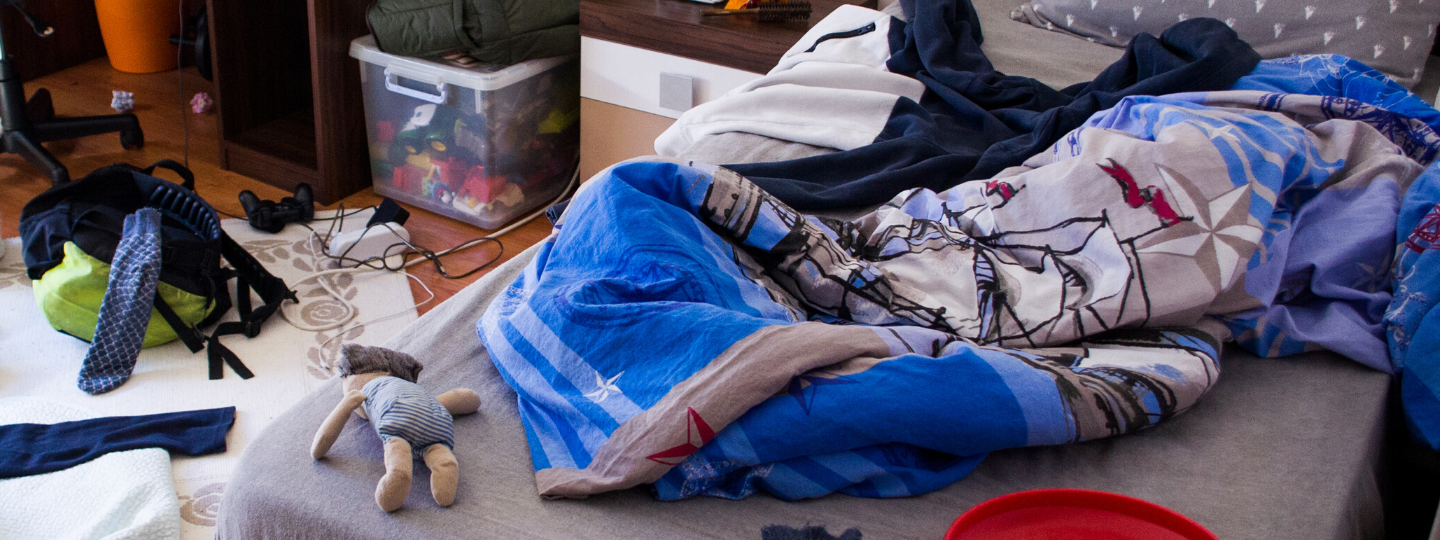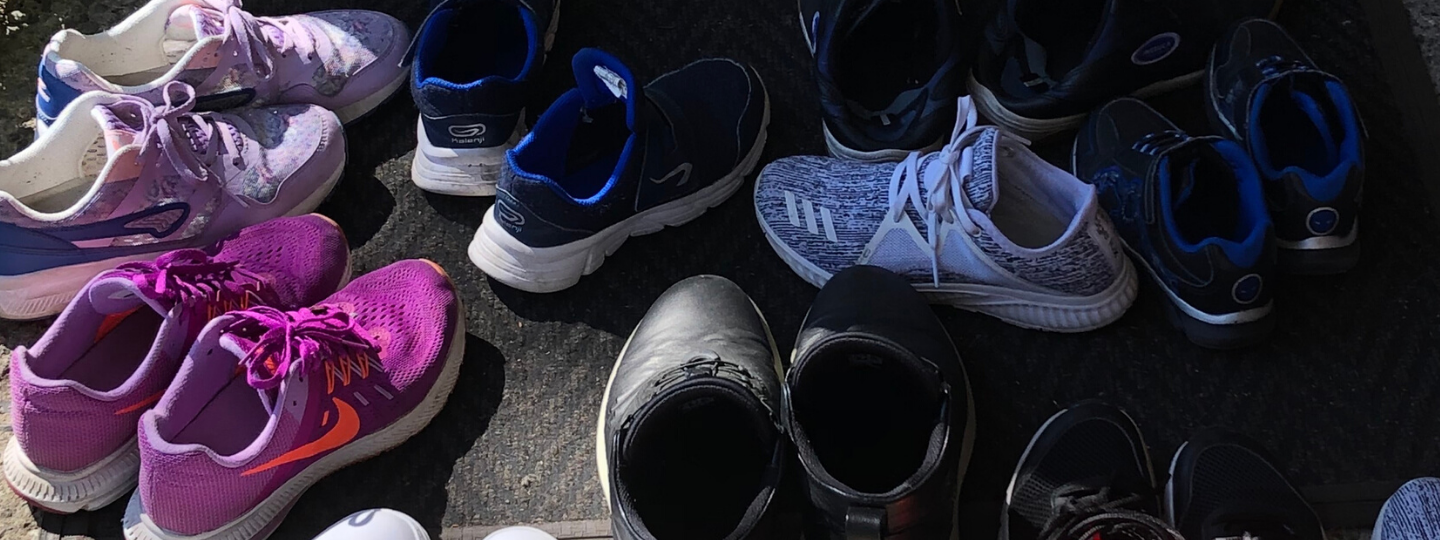The impact of alcohol on mental health
The impact of alcohol on mental health
Friday, 03 July 2020
Ireland has a reputation as being a country of drinkers. It can be difficult to socialise without feeling pressured to having a drink, or three. Some people use alcohol as a crutch to help get to sleep or deal with stress, especially during the pandemic where those experiences are more common.
We know from our recently published My World Survey, young people who do drink are consuming amounts that are damaging to their health.
There are many reasons to choose to drink alcohol. We may feel more relaxed or sociable, enjoy the taste, or other people are drinking. Whatever your reason for drinking, be aware of the amount of alcohol you consume. Make sure you know how it can impact negatively on your mental and physical health.
In this article, you will find:
- Young people discuss alcohol use
- How much can I drink safely?
- How does alcohol impact on my mental health
- How can I manage my drinking?
- Helpful support on drinking
Listen: Young people discuss alcohol use
Guidelines about alcohol units and what food you should eat before going out are part of many public health campaigns. We wanted to see if that information was resonating with young people. So, we chatted with Daniel, Emilia, Shauna and Hannah about their relationship with alcohol and why they drink (or not). They also discussed how they manage their drinking, especially at college. Have a listen below!
How much can I drink safely?
If you enjoy drinking alcohol, think about how to drink in a way that has the least risk to your health. The HSE low-risk guidelines suggest at least two alcohol–free days per week. They recommend a maximum of 11 standard drinks for women and 17 standard drinks for men. These should be spread out over the course of a week. Over five drinks in one session is considered binge drinking. Check out this drinks calculator to estimate whether the amount you drink is within the low-risk guidelines.
What is a standard drink?
The meaning of a standard alcoholic drink is not that obvious. All drinks are not equal. A standard drink is a half pint of beer or cider, a small glass of wine and one serving of most clear spirits. Be aware that craft beers and a lot of wines nowadays have higher percentages of alcohol in them.
How does alcohol impact on my mental health?
Alcohol and stress
Although it might feel that alcohol helps us to relax, it can lead to an increase in things like stress and anxiety. Have you noticed you sleep for a long time after having a few drinks? But then do you wake up the next day and still feel tired? Alcohol affects the quality of our sleep. Our bodies find it more difficult to reach the deeper, restorative stages of sleep with alcohol in our system. This means we feel more tired the next day, and feeling tired can contribute to poor mental health.
Alcohol and low mood
The physical effects of a hangover can be obvious. It is often the next day or two where you would notice the impact on your mood, no matter how good the night was. Alcohol is a depressant. Take notice of your mood in the days after a night out so you can recognise the impact.
Alcohol and self-harm
When we’re drinking, our inhibitions are greatly reduced. This increases the chance of risk-taking behaviour, including self-harm. The influence of alcohol can enable us to act on very negative thoughts. If you are having thoughts of self-harm or suicide, avoid alcohol completely.

How can I manage my drinking?
Relying on drink to not feel anxious in social situations, can become a bad habit. Consider learning ways to manage social situations without alcohol.
Think about why you are drinking in the first place. Using alcohol as a crutch to help get to sleep or deal with stress won’t help either in the long run. Find out more about alternatives for dealing with stress or addressing sleep problems.
If you enjoy drinking but want to cut down, set yourself a limit in advance of a night out. Avoid getting into rounds to help you keep track of this. Alternate one alcoholic drink with one non-alcoholic one throughout the night. Remember, all drinks are not created equal in terms of alcohol content. Work out the alcohol content of what you are drinking. Experiment with low alcohol or non-alcoholic options.
Alcohol and peer pressure
It can be hard to resist peer-pressure with drinking on a night out. If you’re serious about reducing your intake, talk to your friends about this in advance. Get them to support you, and if they can’t do this, maybe it’s time to re-evaluate your friendships. There are some great social options, yes even in Ireland, which don’t have to include alcohol. Going for coffee, the cinema or bowling can be ways to hang out with friends without alcohol. Don’t put pressure on others to drink alongside you, and stand up for friends who opt out.
Helpful support on drinking
If you would like more information or support visit the following:
- Ask about alcohol provides more information on the effect of alcohol on mental health and wellbeing
- Visit Alcohol Ireland for more facts and resources on alcohol
- Call the HSE Drugs and Alcohol confidential freephone helpline on 1800 459 459 from Monday to Friday between 9:30 am and 5:30 pm or email at helpline@hse.ie.






